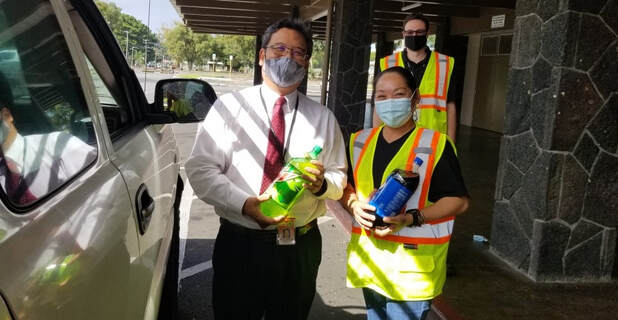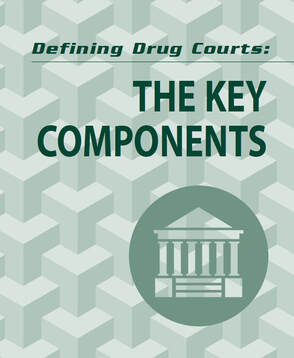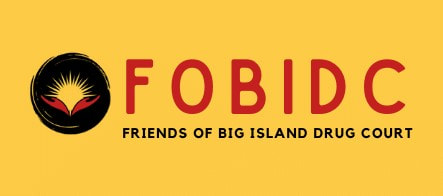Judge Henry Nakamoto (left), Friends Board Member Michelle Manalo (right) and BIDC Parole Officer Dustin Cueva (back) distribute beverages and food at a Gift Basket Drive-Through in early 2021.
our mission, vision & Values
Our Mission
To support Big island Drug and Veterans Treatment Court participants with community resources, and to seek and acquire funding to assist with program goals.
Our Vision
Every participant lives an alcohol- and drug-free lifestyle and becomes a successful individual within our community.
Our Values
To support Big island Drug and Veterans Treatment Court participants with community resources, and to seek and acquire funding to assist with program goals.
Our Vision
Every participant lives an alcohol- and drug-free lifestyle and becomes a successful individual within our community.
Our Values
- Honesty
- Accountability
- Integrity
- Care
- Compassion
our history
The Big Island Drug Court (BIDC) is a specialty court program designed to address community problems related to substance abuse in order to minimize their societal costs, and protect the Hawai'i Island community by providing effective treatment for justice-involved youth and adults. It was started in 2002 following extensive research by then Judge Ronald Ibarra and community leaders. While the evidence-based drug court model was successful across the nation, they had concerns about BIDC’s funding and the community’s response to substance use offenders not going to prison.
In response, Judge Ibarra and a team including community leaders such as Barry Taniguchi, CEO of KTA Superstore, and then attorney Peter Kubota formed Friends of Big Island Drug Court, Inc. (FOBIDC/"Friends"), as a separate 501(c)3 in 2003 to secure funds and assist in the creation of BIDC.
BIDC has since become established, and includes the Veterans Treatment Court (since 2014). Friends continues to raise needed funding and volunteer support, and is managed by its volunteer Board of Directors. Members represent a range of stakeholders in the justice system, including Drug Court graduates, a retired judge, an attorney, a psychologist, a veteran, a nonprofit finance officer, and leaders from related organizations and the community. The Board works closely with Mr. Grayson Hashida, Drug Court Coordinator, who liaises with Drug Court judges and his team to identify needs and suggest programmatic responses.
In response, Judge Ibarra and a team including community leaders such as Barry Taniguchi, CEO of KTA Superstore, and then attorney Peter Kubota formed Friends of Big Island Drug Court, Inc. (FOBIDC/"Friends"), as a separate 501(c)3 in 2003 to secure funds and assist in the creation of BIDC.
BIDC has since become established, and includes the Veterans Treatment Court (since 2014). Friends continues to raise needed funding and volunteer support, and is managed by its volunteer Board of Directors. Members represent a range of stakeholders in the justice system, including Drug Court graduates, a retired judge, an attorney, a psychologist, a veteran, a nonprofit finance officer, and leaders from related organizations and the community. The Board works closely with Mr. Grayson Hashida, Drug Court Coordinator, who liaises with Drug Court judges and his team to identify needs and suggest programmatic responses.




